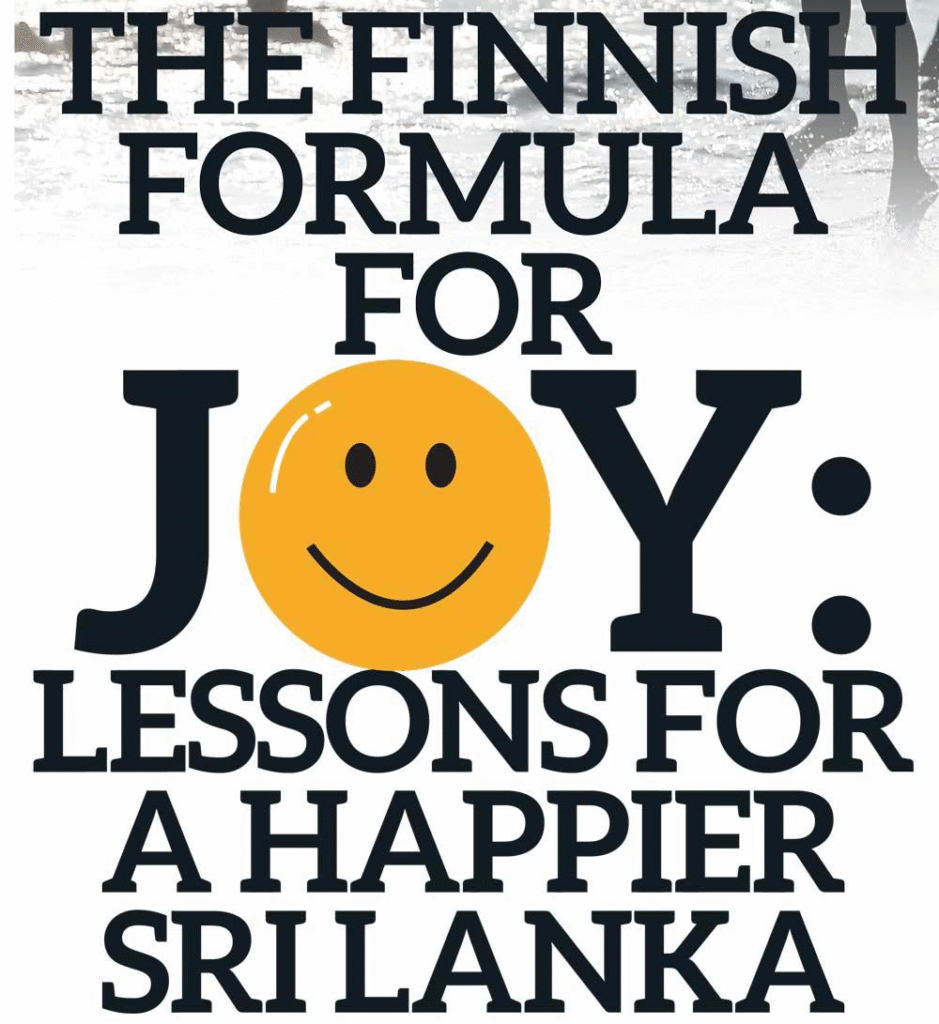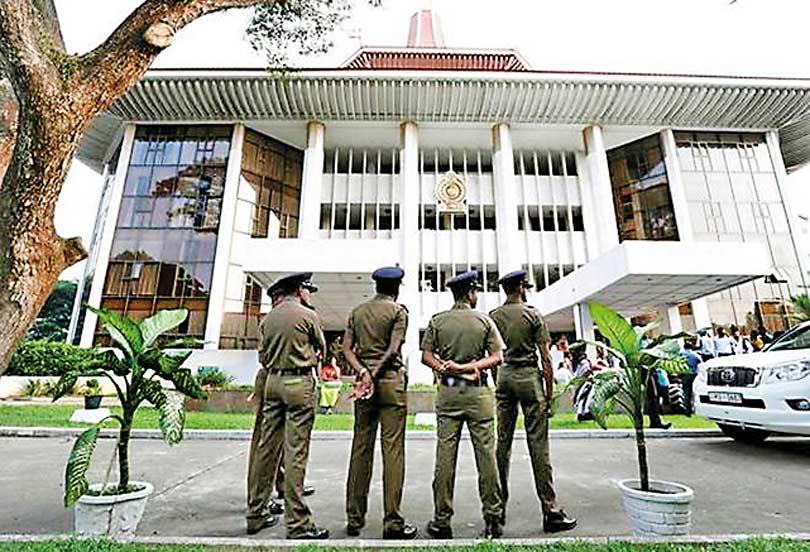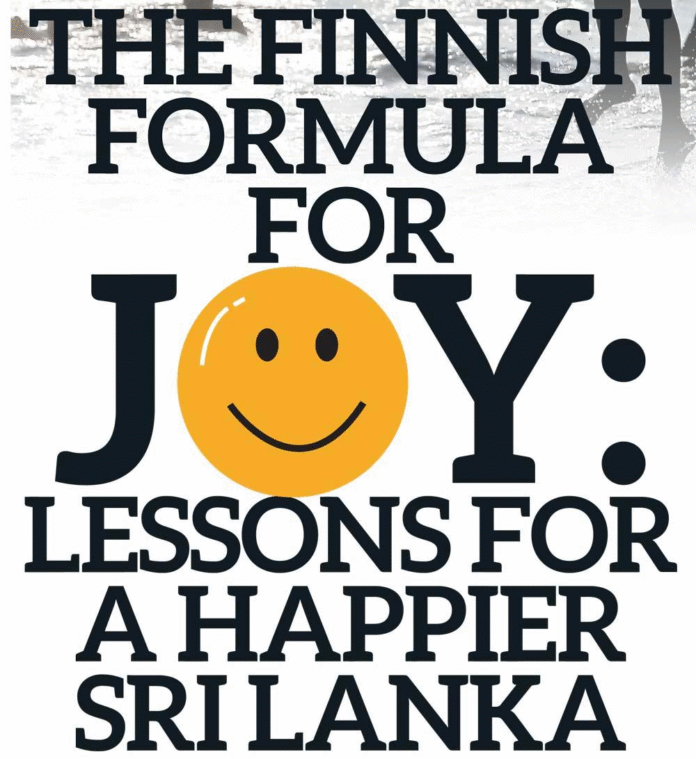
When people trust that institutions are fair, that the police are honest, and that their neighbours will not exploit them, they feel secure
The freedom from fear of catastrophe allows people to take healthy risks and pursue personal fulfillment
Finland’s education system is globally renowned not just for its academic results, but for its emphasis on equity, practical life skills, and teacher respect
Finally, the Finnish recipe includes a powerful meaning in life. This often stems from a strong work-life balance, high participation in hobbies, cultural activities, and volunteerism, and the time afforded by their efficient society to focus on family, friends, and personal passions

Finland has consistently been ranked the world’s happiest nation, a title it has held for several years running in the UN’s World Happiness Report. This remarkable achievement isn’t attributed to a single factor but is a deeply rooted societal construct built upon strong pillars of trust, security, nature, excellent education, discipline, respect for the law, mutual respect, and a profound sense of meaning in life. Understanding this “Finnish Recipe” offers profound insights into how a vibrant, culturally rich nation like Sri Lanka could embark on its own journey toward becoming a truly happy and prosperous society.
Unpacking the Finnish Pillars of Happiness
The core of Finnish happiness lies in a combination of pragmatic societal structures and cultural values that prioritise collective well-being and individual freedom.
Trust and Security: The Foundation of Society
At the heart of Finnish society is an extraordinarily high level of social trust. Finns generally trust their government, their institutions, and, perhaps most importantly, each other. This pervasive trust minimises friction and anxiety in daily life. When people trust that institutions are fair, that the police are honest, and that their neighbours will not exploit them, they feel secure. This security isn’t just about low crime rates, but also about economic security provided by a robust welfare state. The system ensures that basic needs—healthcare, education, and unemployment support—are met, creating a powerful safety net that reduces the paralysing stress of potential failure or misfortune. The freedom from fear of catastrophe allows people to take healthy risks and pursue personal fulfillment.
Nature and Sisu: A Profound Connection
Finns maintain an exceptionally close attachment to nature. Surrounded by vast forests and thousands of lakes, nature is not just a backdrop but an integral part of life. The concept of “Everyman’s Right” (Jokamiehenoikeus) allows anyone to walk, ski, cycle, or camp freely on any land, regardless of ownership, provided they don’t cause harm or disturb others. This connection is restorative, mitigating stress and promoting physical health. Furthermore, the national trait of Sisu—a unique Finnish term often translated as stoic determination, grit, and perseverance in the face of adversity—works hand-in-hand with this nature connection. Sisu is the inner strength that allows Finns to endure long, dark winters and tough times, knowing that they can rely on their own resilience and the restorative power of their environment.
Excellence in Education and Civilization
Finland’s education system is globally renowned not just for its academic results, but for its emphasis on equity, practical life skills, and teacher respect. Education is entirely free, from pre-school to university, ensuring that a child’s success is not dictated by their parents’ wealth. The system prioritises play, shorter school days, and minimal homework in the early years, fostering a lifelong love of learning and curiosity, rather than relentless competition. This, combined with a high level of civilization—meaning well-functioning public services, clean cities, and efficient infrastructure—creates an environment where daily life is predictable, comfortable, and conducive to personal growth.
Discipline, Respect, and Meaning in Life
The Finnish approach is underpinned by a quiet but firm discipline and respect for the law. High compliance with rules, from traffic laws to tax obligations, is seen not as an imposition, but as a necessary contribution to the well-being of the community. This mutual respect extends to honouring others’ personal space and time, leading to a less confrontational and more harmonious social atmosphere. Finally, the Finnish recipe includes a powerful meaning in life. This often stems from a strong work-life balance, high participation in hobbies, cultural activities, and volunteerism, and the time afforded by their efficient society to focus on family, friends, and personal passions. Happiness, for Finns, is less about fleeting euphoria and more about quiet contentment derived from a life that is stable, meaningful, and lived in harmony with others and nature.
The Sri Lankan Context: Challenges and Aspirations
Sri Lanka is a nation blessed with immense natural beauty, a rich cultural heritage stretching back millennia, deeply ingrained family values, and a naturally warm, hospitable people. Yet, recent years have seen profound economic and political challenges that have severely eroded public confidence and happiness. Widespread corruption, political instability, crippling debt, and a lack of social mobility have created an environment of anxiety and disillusionment.
To transition from this state of instability to a truly happy and sustainable nation, Sri Lanka must strategically adopt and adapt the core principles of the Finnish model, leveraging its own unique strengths.
The 10-Point Blueprint for a Happier Sri Lanka
Making Sri Lanka a happy nation requires a generational commitment to systemic reform and a profound cultural shift. It is not about simply copying Finland, but about translating its principles into a workable Sri Lankan context.
Rebuilding Trust and Establishing the Rule of Law (The Anchor)
- Zero Tolerance for Corruption: This is the most critical first step. Trust in institutions is impossible when corruption is endemic. Sri Lanka must establish truly independent bodies with real power to investigate and prosecute corruption at all levels, regardless of political affiliation.
- Strengthening the Judiciary and Police: The justice system must be perceived as fair, efficient, and equally applied to all citizens. The police force must transition from being perceived as an instrument of political power to a service dedicated to community safety and law enforcement with respect and integrity.
- Transparency in Governance: Government spending, procurement, and decision-making must be made fully transparent and accessible to the public, fostering accountability and rebuilding faith.
Investing in World-Class, Equitable Education (The Engine)
- Focus on Quality, Not Just Quantity: While literacy rates are high, the education system must be reformed to emphasise critical thinking, practical skills (financial literacy, vocational training), and emotional intelligence, rather than rote memorization.
- Dignifying the Teaching Profession: Teachers must be highly trained, well-paid, and respected as the key architects of the nation’s future, ensuring the best minds are drawn to the profession.
- Reducing the Burden of Examinations: Move away from the crippling, hyper-competitive exam-based system, which is a major source of stress, and adopt a more holistic assessment model, mirroring global best practices.
Prioritising Environmental Stewardship (The Soul)
- Reclaiming the “Pearl of the Indian Ocean”: Sri Lanka is defined by its beaches, forests, and unique biodiversity. A national policy must protect natural resources fiercely, enforce waste management, and combat deforestation and pollution, especially in coastal areas and sensitive ecological zones.
- Integrating Nature into Daily Life: Promote and protect urban green spaces, public parks, and access to natural areas, allowing the island’s inherent beauty to serve as a restorative force for its citizens, much like Finland’s forests.
Fostering Civic Discipline and Mutual Respect (The Glue)
- Promoting Civic Responsibility: Introduce mandatory, sustained public awareness campaigns focusing on simple civic responsibilities: traffic laws, proper waste disposal, queueing, and respecting public property. Compliance must be encouraged through education and fair, consistent enforcement.
- Celebrating Diversity: Actively promote and teach the value of the island’s multi-ethnic and multi-religious identity. Mutual respect and understanding across communities are fundamental to long-term national harmony and happiness.
- Securing Economic Stability and Social Safety Nets (The Shield)
- Beyond Growth: Focus on Equity: Economic policy must prioritise lifting the lowest income brackets and closing the vast wealth gap. Sustainable economic growth must be paired with job creation, fair wages, and worker rights.
- Strengthening the Safety Net: While a comprehensive welfare state like Finland’s is a long-term goal, Sri Lanka must immediately enhance targeted social safety nets for the poor, the elderly, and those with disabilities, ensuring no citizen is left without basic sustenance, thereby reducing catastrophic personal risk.
- Cultivating a Meaningful Work-Life Balance (The Purpose)
- Productivity Over Presence: Encourage employers to focus on output and efficiency rather than long, ineffective hours. Promote flexible work arrangements where feasible, allowing citizens time for family, leisure, and personal pursuits—the core ingredients of long-term contentment.
- The Power of Community and Seva (Service): Channel the inherent Sri Lankan culture of Seva (selfless service) and Dansala (community sharing) into structured volunteerism, which provides individuals with a tangible sense of purpose and contribution to their community.

Strengthening the Judiciary and Police: The justice system must be perceived as fair, efficient, and equally applied to all citizens
Democratizing Public Services (The Convenience)
- Efficiency in Government: Simplify bureaucratic processes. Government services (e.g., obtaining documents, permits) should be efficient, digitized, and free from unnecessary delays and ‘red tape,’ reducing one of the most common daily frustrations for citizens.
- Investing in Public Transport: A modern, safe, and reliable public transportation system (trains, buses) is a great equalizer, improving economic access and reducing daily stress and traffic congestion, which severely impact quality of life in major urban centers.
Promoting Mental Health and Sith Sathuta (Inner Peace)
- Destigmatizing Mental Health: Launch national campaigns to de-stigmatize mental health issues.
- Accessible Counseling: Integrate mental health education and accessible counseling services into the public healthcare and school systems, teaching citizens the skills to manage stress and cultivate inner peace (Sith Sathuta), a concept deeply resonant with Buddhist and other spiritual traditions on the island.
Harnessing the Power of Youth and Innovation (The Future)
- Empowering the Next Generation: Create platforms for youth voices to be genuinely heard in policy-making. Harness their energy and digital literacy to drive innovation, entrepreneurship, and new, ethical business models.
- Reversing the Brain Drain: Create an attractive, stable environment (economically and politically) that incentivizes the highly skilled diaspora and local talent to stay or return, by offering competitive opportunities rooted in ethical governance.
Leadership by Example (The Call to Action)
- Servant Leadership: Leaders at all levels—political, business, religious, and community—must embody the values of integrity, humility, and service. A nation cannot thrive if its leaders do not lead by the moral example of austerity, honesty, and dedication to the common good.
Conclusion: The Journey to Freedom and Happiness
- The Finnish success story is a testament to the fact that happiness is not a commodity, but the natural outcome of a well-functioning, ethical, and equitable society. For Sri Lanka, the journey is one of restoration and re-centering. It requires moving away from the short-term gains of corruption and instability and towards the long-term dividend of national character.
The “Finnish Recipe” is not just a list of ingredients; it is a social contract based on the simple premise that every citizen deserves to live a life free from existential fear, with access to nature, education, and justice. By prioritizing Trust over personal gain, Equity over hierarchy, and Discipline over chaos, Sri Lanka can begin to harness its extraordinary potential.
The ultimate goal is not just economic recovery, but achieving true Nidahas—a profound freedom from suffering and anxiety, leading to a state of collective, sustainable happiness. This task belongs to every Sri Lankan, from the highest office to the individual citizen choosing to respect a traffic light or keep their street clean. By upholding the highest standards of civic virtue, Sri Lanka can transform its inherent warmth and natural beauty into the most enviable title of all: The Happiest Nation in the Indian Ocean.
“PEACE COMES FROM WITHIN. DO NOT SEEK IT WITHOUT”(Lord Buddha)
(The writer, Major General Dr. Boniface Perera is a battle hardened Infantry Officer who served the Sri Lanka Army for over 36 years, dedicating 20 of those to active combat. In addition to his military service, Dr. perera is a respected International Researcher and Writer, having authored more than 200 research articles and 16 books. He holds a PhD in economics and is an entrepreneur and International Analyst specialising in National Security, economics and politics. He can be reached at [email protected])
